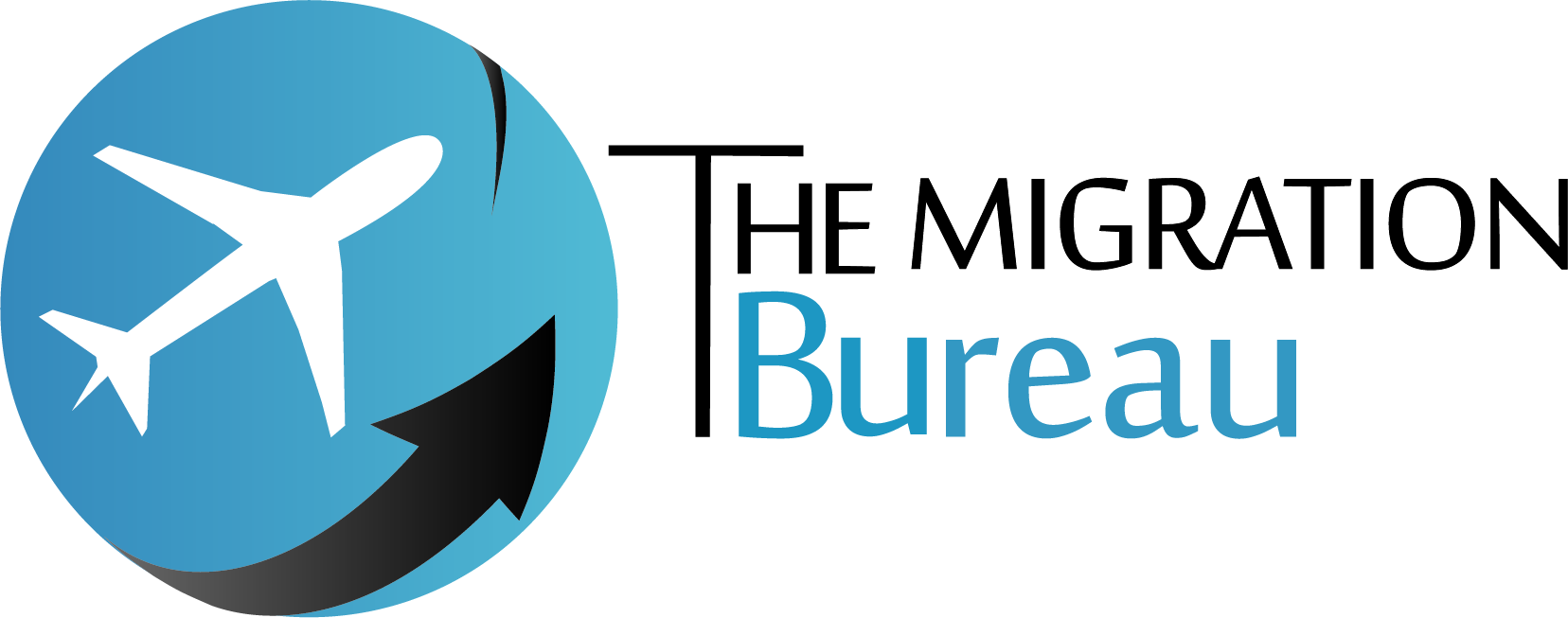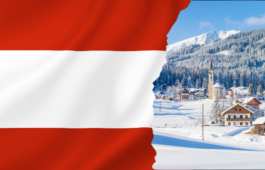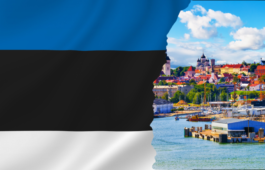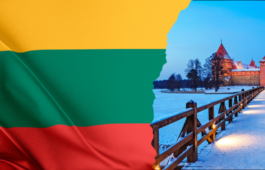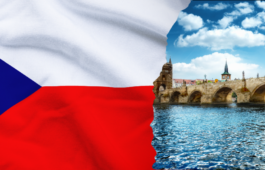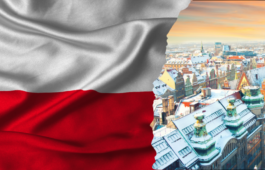- 19 October 2024
- Admin
- No Comments
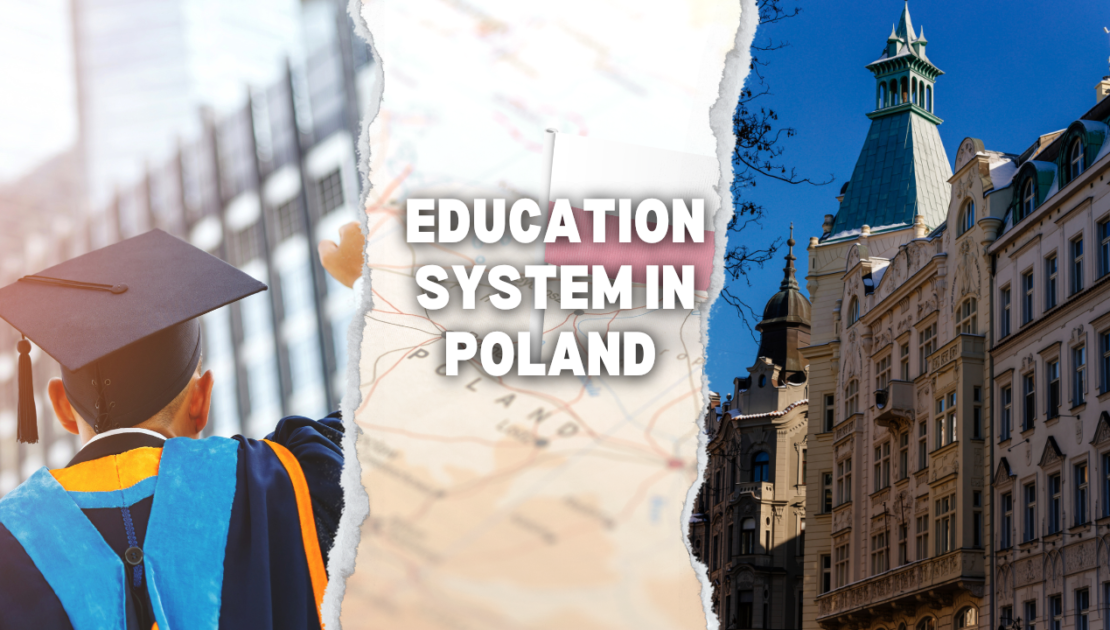
Education System In Poland
Poland’s education system is compulsory for children and includes preschool, primary, and secondary levels. The curriculum covers key subjects, offering both academic and vocational paths in secondary school. With a focus on quality education, Poland ensures well-trained teachers and continuously updates its schools for student development.
Understanding Poland’s Education System
Before relocating to Poland, it’s essential to familiarize yourself with the country’s education system, particularly if you’re bringing children. While the legal and financial aspects of moving often take center stage, your children’s education plays a crucial role in how smoothly your family will adjust to life in a new country. Parents have the option to enroll their children in nursery or kindergarten, as these early education stages are not mandatory. However, Class 0, a preparatory year, is required to help children transition into the formal school system. Understanding these stages can make the adjustment process easier for everyone.
Public or Private: The Choice is Yours
One important decision you’ll encounter is choosing between a public or private nursery or kindergarten for your child. Public schools are typically free, though small fees may apply for services like meals. Private institutions, however, charge admission fees but often provide more flexibility, such as year-round operation, compared to the usual September-to-June schedule of public kindergartens. In some areas, securing a spot in a public kindergarten can be difficult due to high demand. If availability is an issue, private kindergartens serve as a practical alternative, offering more options and often smaller class sizes, ensuring personalized attention for your child.
Language and Cultural Adaptation
Concerned about the language barrier? There’s no need to worry! Children are naturally fast learners when it comes to new languages. Enrolling your child in a Polish kindergarten will not only help them quickly pick up the language but also provide valuable opportunities for socializing, making friends, and becoming immersed in Polish culture. By engaging in everyday activities with local children, your child will develop language skills while adjusting to the environment. This early exposure to Polish language and culture will ease their transition and help them feel more comfortable in their new surroundings.
Polish Education System Overview for Foreign Parents
The education system in Poland is similar to that of other European countries and is compulsory for children aged 7 to 18. It consists of several stages:
Mandatory Education:
In Poland, mandatory education lasts for 9 years, which includes one year of preschool and an 8-year primary school program.
- School Attendance Obligation: Applies to children aged 7 to 15 who must attend primary school.
- Learning Obligation: For youth aged 15 to 18, this can be fulfilled through school or vocational training.
Stages of Education
Early Education (0-6 years):
- 0-3 years: Nurseries and child clubs (attendance is optional).
- 3-6 years: Preschools (optional for ages 3-5, mandatory for 6-year-olds preparing for primary school).
Primary Education (7-15 years):
The 8-year primary school is divided into:
- Classes 1-3: Early education
- Classes 4-8: Subject-specific teaching
At the end of primary school, students take a nationwide exam called the “Egzamin ósmoklasisty.”
Secondary Education (15-18 years)
After primary school, most students continue to secondary education, which includes:
- 4-year general secondary school ( Liceum)
- 5-year technical school ( Technikum)
- 3-year vocational school( szkoła zawodowa)
Students in these schools can take the maturity exam to qualify for higher education.
Higher Education
Higher education includes:
- Academic universities (offering bachelor’s, master’s, and doctoral programs).
- Vocational universities (providing specialized training).
First-cycle studies (bachelor’s) typically last 3-4 years, while second-cycle studies (master’s) take 1.5 to 2 years.
Adult Education
Adult education focuses on completing primary and secondary education, as well as vocational training. This can be done in:
- Adult schools
- Continuous education centers
Matura Exam: A Gateway to Higher Education
The Matura is a vital exam taken after finishing secondary school, acting as both a school-leaving certificate and a gateway to higher education. Passing the Matura is necessary for students who wish to enroll in universities and pursue further studies. This exam assesses knowledge across core subjects, and its results play a significant role in determining students’ academic and professional futures in Poland and abroad.
Free Education in Poland
Poland’s public education system is funded by the state, providing free access to all students. In addition to public schools, there are private institutions that require tuition fees. Both public and private schools maintain a high standard of education, making them appealing options for local and international families alike. This diverse educational landscape ensures that families can choose the best fit for their children’s needs and preferences.
The Value of Education in Poland
Education holds a significant place in Polish society, with parents frequently setting high expectations for their children’s academic achievements. Students benefit from a diverse curriculum that includes a wide array of subjects and educational pathways, enabling them to explore their interests and enhance their skills. Polish universities are well-regarded internationally, attracting students from across the globe who seek quality education and unique academic opportunities. Furthermore, Poland offers various international schools and kindergartens where instruction is conducted in English or other foreign languages. These institutions present a compelling choice for expatriate families, ensuring that their children receive an education that aligns with their linguistic needs while adapting to a new cultural environment. This emphasis on quality education, combined with the availability of international schooling options, makes Poland an appealing destination for families seeking a well-rounded educational experience for their children.
Conclusion: A Well-Organized System with High Standards
Poland’s education system is well-organized and maintains high academic standards, effectively preparing students for future success. Parents can choose between public and private education, both of which provide quality learning environments and diverse curricula. Public schools are state-funded and accessible to all, while private institutions offer additional options for families seeking specialized programs. With a range of choices available, parents can find the right fit for their child, ensuring they receive a strong educational foundation that supports their academic and personal development. This commitment to education makes Poland an appealing destination for families.
